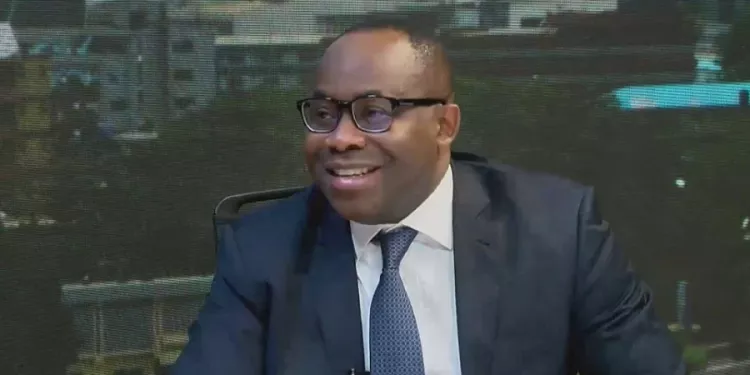Nigeria has concluded plans to import 105,000 tonnes of potash, a fertilizer raw material, from Russia and Canada on June 3 and June 6 respectively.
The action by the government is to help prevent any shortfall in output from its fertiliser plants and apparently help boost food production.
According to Reuters, this was made known by the Managing Director and Chief Executive Officer of Nigeria Sovereign Investment Authority (NSIA), Uche Orji, during a ministerial press briefing on Thursday, May 26, at State House, Abuja.
Orji said that the Russia-Nigeria potassium trade had been re-established, with Nigeria expected to import the product from Russia, despite the ongoing Russia-Ukraine war because fertilizer is excluded from the ban in terms of doing business with Russia.
The expected Russian and Canadian potassium used for blending fertiliser is also part of efforts to ramp up production of the commodity in time for use by farmers in the current farming season.
What the Chief Executive Officer of NSIA is saying
During the press briefing, Orji said, “We have a total of 105,000 metric tonnes of potash coming into the country. Subsequently, more supplies will come from Russia because it saves us time for the vessels to come in than from central Canada.
“Nigeria plans to buy 35,000 tonnes from Russia with a June 3 delivery date. The rest is due to come from Canada on June 6.’’
The NSIA negotiates imports of raw fertilizer materials like potash as part of the Nigerian government’s programme to develop its capacity to produce blended fertiliser.
What you should know
The United States and its western allies have imposed severe sanctions on Russia due to its invasion of Ukraine in February.
In April, Nigeria bought emergency supplies of Canadian potash after Russia was unable to deliver due to the Western sanctions.
Earlier in April 2022, the World Bank Group President, David Malpass, said that Nigeria and other developing countries are faced with sudden price increases for energy, fertilizer and food, as well as interest rate increases due to war in Ukraine and Covid-19 related shutdown.
Also, the Secretary-General of the United Nations, Antonio Guterres, said earlier in May, that global food security problem could not be solved without restoring Ukrainian agricultural production and Russian food and fertiliser output to the world market.
The ongoing war between Russia and Ukraine has set off a chain reaction in the global economy which has negatively been impacting even developed countries.
The World Bank had earlier urged advanced countries to keep markets open, remove trade barriers and reverse policies that concentrate wealth in the face of high energy and food prices, increasing debt concerns and potentially worsening poverty and hunger.
Ukraine is a key source of grain while Russia is a major producer of energy and fertilizer needed for agriculture, and the war is creating sudden shortages of energy, fertilizer, and food.




